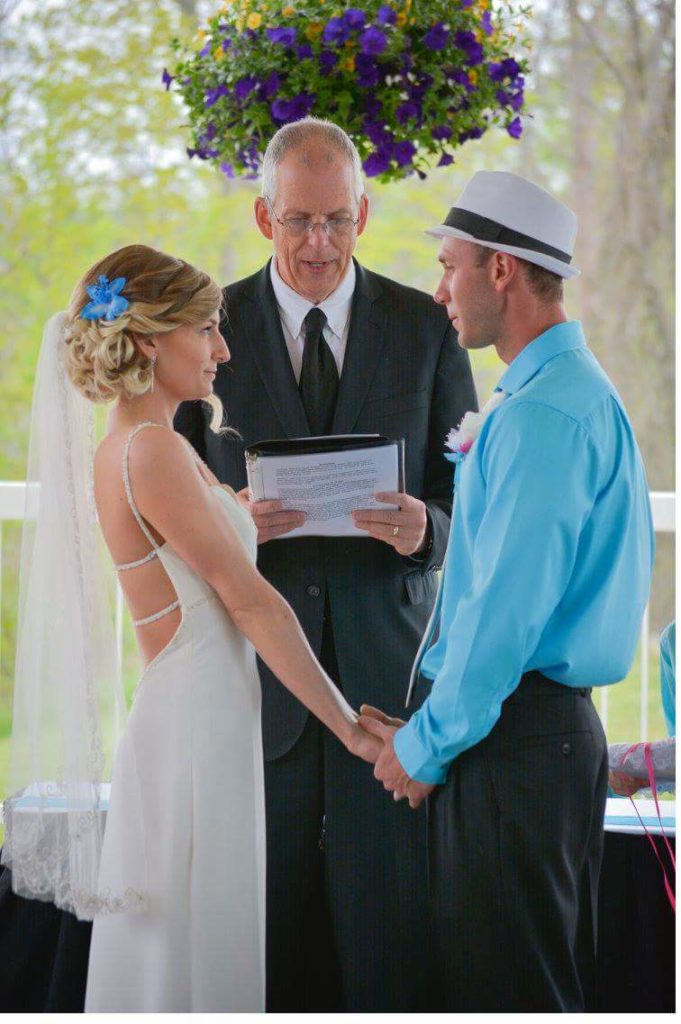Resources for Lay Chaplains
 The Canadian Unitarian Council’s lay chaplaincy program trains and supports carefully chosen lay members of Unitarian Universalist congregations to create and perform rites of passage (weddings, funeral and memorial services, child dedications, and others) for the general public and for Unitarian Universalists in congregations without ministers.
The Canadian Unitarian Council’s lay chaplaincy program trains and supports carefully chosen lay members of Unitarian Universalist congregations to create and perform rites of passage (weddings, funeral and memorial services, child dedications, and others) for the general public and for Unitarian Universalists in congregations without ministers.
Lay chaplaincy is an important outreach program of the Canadian Unitarian Council and of the lay chaplain’s congregation. Lay chaplains represent Unitarian Universalism and their congregation in the wider community. They are expected to serve in a manner that celebrates and dignifies the special occasions they commemorate, adding spiritual depth to the lives of individuals and communities. They should always interact with the wider community in a professional manner, and be able to articulate and model Unitarian Universalist principles and practice.
It is therefore important for a congregation’s lay chaplains to be affirmed and appointed by its board and members.
Guides for lay chaplains
- Applying to be a lay chaplain
- Lay chaplains’ code of practice
- Training and support
- Maintaining your role as a lay chaplain
More information and guidelines can be found in the 2020 CUC Lay Chaplaincy Program Manual(pdf).
Applying to Be a Lay Chaplain
Your congregation will have its own procedure for choosing lay chaplains. The lay chaplaincy program is overseen nationally by the CUC’s National Lay Chaplaincy Committee, and unless you are in Quebec, Nova Scotia, or Prince Edward Island it is this committee that applies for your licence to perform weddings. Once you have been selected by your congregation, you must therefore (unless you are in one of those provinces) submit the Lay Chaplain Application for New Lay Chaplains to the National Committee, and your congregation must submit the Lay Chaplain Endorsement Form by Congregations. Congregations in Quebec, Nova Scotia, and Prince Edward Island should apply directly to the province to obtain licences for their lay chaplains.
Lay Chaplains’ Code of Practice
The Code of Practice is a statement of the lay chaplains’ serious intent, and expresses their common concerns and loyalties.
As a lay chaplain appointed by my congregation under the guidelines of the Canadian Unitarian Council, I give full assent to this Code of Practice.
Self
- I commit myself, before all else, to an honest and responsible performance of my duties and my role as lay chaplain.
- I take responsibility for my spiritual development and growth.
- I will identify areas of weakness and improve them with training, mentoring, etc.
- Knowing my limitations, I will seek help when in difficulty.
- I will sustain in my own mind respect for the lay chaplaincy program.
- I will refrain from words and actions (or simply behaviour and attitudes) that degrade the lay chaplaincy program, or are destructive to congregational life.
Colleagues (Other Unitarian and Unitarian Universalist Officiants)
- I will do my best to support other officiants and to keep, for them, an open mind and heart.
- I will respect confidentiality among officiants.
- I will not speak disrespectfully or in derogation of any officiant.
- When critical of another officiant, I will speak directly with them in a responsible, temperate, and constructive way.
- In congregations with ministers, I will respect the primacy of my minister’s role in my congregation in providing rites of passage according to my congregation’s policy.
- I will support fair and equitable sharing of ceremony requests with other lay chaplains.
- When co-officiating, I will work in cooperation and in accordance to clearly defined responsibilities.
Community
- I will hold to a single standard of respect and help for all members of the church and larger community.
- I will respect the confidentiality of private communications.
- I will respect the private and intimate boundaries of others’ lives, and I will not trespass on those boundaries for my own advantage. My relationship with families requesting special services will remain professional.
- I will avoid exploiting the needs of another person for my own purposes, e.g., continue a dependent relationship beyond a service.
- I will treat with respect and sensitivity the religious beliefs and cultural traditions of others.
- I will strive to live and to speak in a way that exemplifies the best of Unitarian and Unitarian Universalist values and traditions.
Training and Support
The CUC National Lay Chaplaincy Committee is pleased to offer a self-study guide Intro to Lay Chaplaincy Self Study Guide,
The Self Study Guide can be used by any congregation that is looking to commence a search for a new Lay Chaplain, or that does not have a Lay Chaplaincy Committee and is looking to establish one, or for any person who has any interest in what Lay Chaplaincy is or how the program works.
However, it should be noted that the Self Study Guide and the accompanying Quiz are mandatory steps for those who intend to become Lay Chaplains. The National Lay Chaplaincy Committee will only approve applicants who have completed the Quiz, which requires review and understanding of the Self Study Guide.
Please read and study the Intro to Lay Chaplaincy Self Study Guide and then complete the Lay Chaplaincy Quiz.
Maintaining Your Role as a Lay Chaplain
Change of address. If the CUC applied for your license to perform weddings, then we are required to notify your province’s department of vital statistics if you move. Please send the following information to us at info@cuc.ca:
- Name
- Full address of both old and new residence
- Phone number (both old and new if applicable)
- Wedding license number
- If you are changing congregations, the names of both old and new congregations
Performing weddings in another province. Your license allows you to perform weddings only in your own province. However, we may be able to help you obtain a temporary licence to perform one in another province. Please contact info@cuc.ca for more information.
Cancelling your license. When your term ends and you step down from lay chaplaincy, your license to perform weddings must be canceled. If the CUC applied for it on your behalf (that is, if you are not in Quebec, Nova Scotia, or Prince Edward Island), you should submit a Request to Cancel Lay Chaplain’s Licence. If you are in Quebec, Nova Scotia, or Prince Edward Island, consult your province’s relevant authorities.
More information and guidelines can be found in the CUC Lay Chaplaincy Program Manual (pdf).
